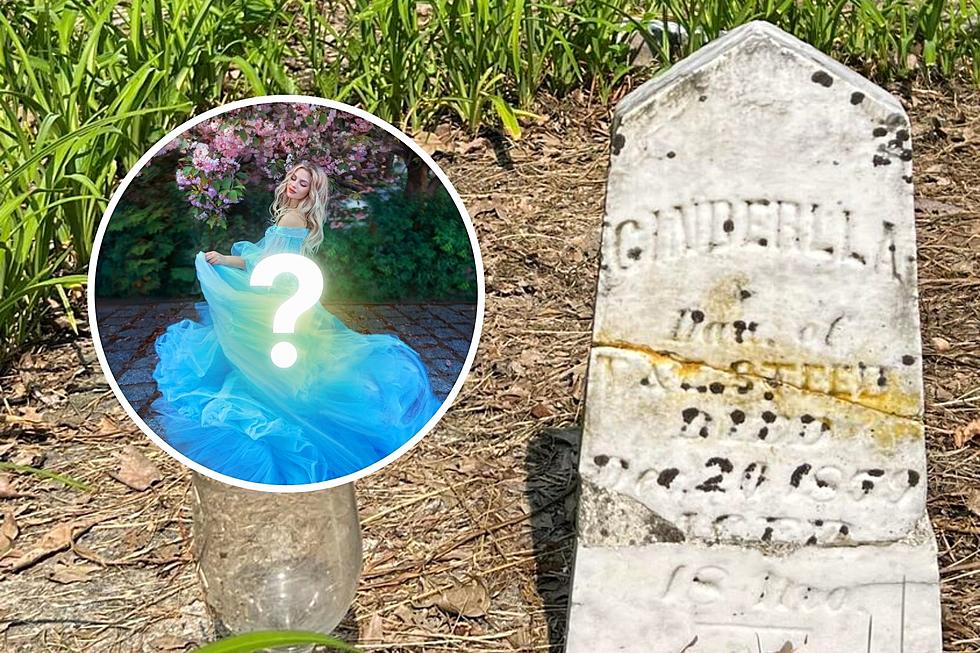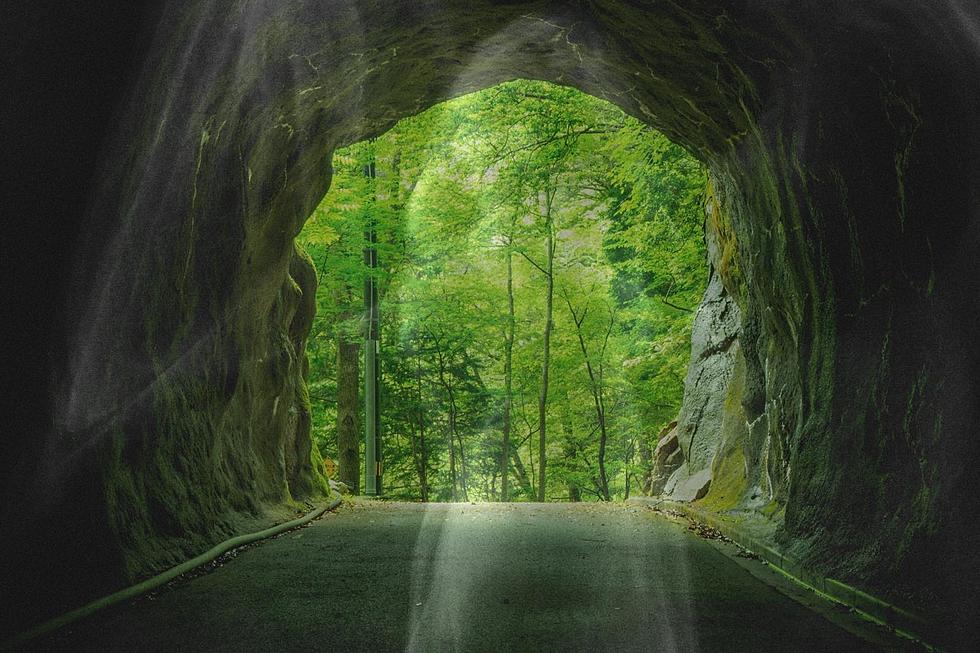
Why Missouri’s Most Haunted Hotel is Suddenly Forbidden to All
Over the decades, it's been one of the most visited Missouri hotels for paranormal investigations. Suddenly, it's now forbidden to all and there's a good reason for that.

Have you heard the stories of the Morse Mill Hotel in Jefferson County, Missouri? It's one of the most historic buildings in the state and predates the Civil War. The official website shows the deed to the home was originally signed by President Buchanan.
The list of guests of the Morse Mill Hotel include some of the most famous names in history. Jesse James, Al Capone and Charlie Chaplin are just a few. Bertha Gifford, one of America's first female serial killers, also worked at the Morse Mill Hotel. She was a notorious killer of children with poison chocolate.
Many believe that some guests never left
The official website includes a "ghost stories" page where numerous people tell of their encounters with many "entities". That is the reason numerous paranormal teams made regular visits to the Morse Mill Hotel for investigations, but that is no longer possible.
So why is the Morse Mill Hotel in Missouri suddenly off limits?
I saw writer CJ Coombs mention this in an original Newsbreak article that the hotel was now a forbidden destination. I did some digging and confirmed that what she shared is accurate. The official Morse Mill Hotel website has the following statement in red:
Closed to the public at this time-no exceptions!
The hotels' Facebook page also has a statement dating back to last year.
From what I can gather on the hotel's website, the new owner bought the house without knowing of its haunted history and did a number of big renovations. Not only are they closing the hotel to paranormal investigations because it's now a private residence, but they also appear to be trying to protect the "ghosts":
We don't hunt down the spirits and they leave us alone.
Can't say that I blame the owners of this historic home for wanting their privacy. Many are understandably disappointed that a building with such a rich history is no longer available for public visits, but times change even if some entities refuse to move on.
A Walk Through One of St. Louis Most Horrific Haunted Houses
Missouri Castle May Be the Most Haunted in the Midwest
More From My WJLT 105.3










